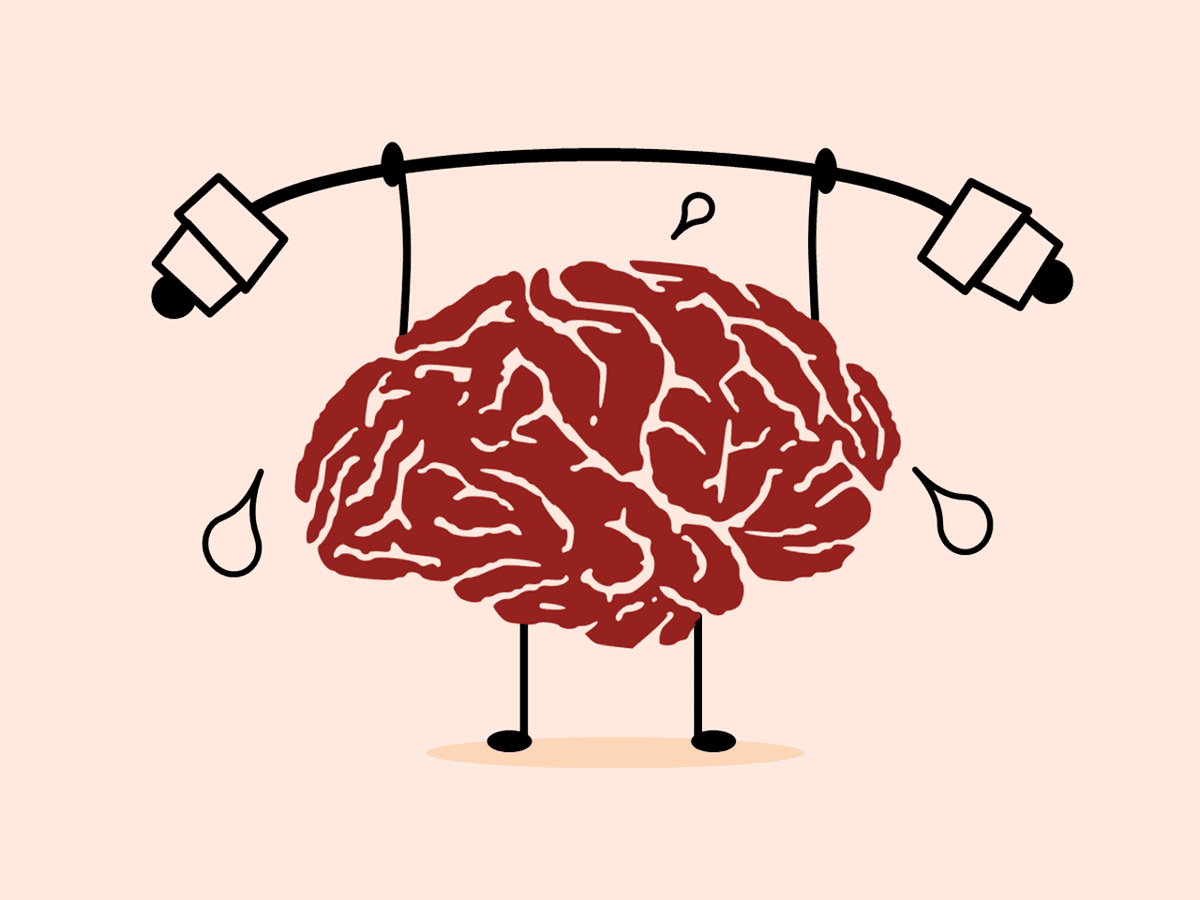Top Reasons to Consider Inpatient Mental Health Services This Year
Wiki Article
Comprehensive Inpatient Mental Health And Wellness Providers for Effective Treatment
Inpatient psychological health services stand for a crucial element of the medical care system, providing a structured and extensive atmosphere for people experiencing extreme psychological distress. These services use a multidisciplinary approach, integrating different evidence-based treatments to address the complex demands of patients. However, the efficiency of such thorough treatment extends beyond instant stabilization; it additionally includes the transition to outpatient support, an essential phase usually ignored. Exploring the nuances of this continuum reveals considerable ramifications for both specific healing and wider psychological health and wellness results. What elements really influence this shift, and just how can we improve its efficiency?Comprehending Inpatient Mental Wellness Services
Inpatient mental health and wellness services offer crucial assistance for individuals experiencing serious emotional distress that can not be handled successfully in an outpatient setup. These services are made to supply an intensive degree of care in an organized atmosphere, frequently within a hospital or specialized center. Clients admitted to inpatient programs typically present acute signs and symptoms, such as suicidal ideation, serious anxiety, or psychosis, necessitating day-and-night monitoring and treatment.The admission process generally involves a thorough assessment by psychological health experts, that evaluate the person's psychological state, background, and immediate requirements. As soon as admitted, individuals involve in a variety of restorative techniques customized to their particular demands, consisting of medication administration, specific treatment, and team sessions. This all natural technique intends to maintain the patient's condition, advertise safety, and foster coping abilities.
Inpatient mental health solutions not only address immediate health and wellness worries however additionally function as a bridge to continuous care. By offering a regulated atmosphere, these solutions promote the advancement of treatment plans that can be continued in outpatient settings, therefore making certain a continuum of treatment and boosting lasting outcomes for individuals with intricate mental health needs.
Key Components of Effective Treatment
Effective therapy in inpatient psychological wellness services consists of numerous essential parts that cultivate recuperation and stablizing. Primarily, a thorough analysis is important to identify the person's details demands and difficulties. This assessment informs the growth of a customized treatment plan, which acts as a roadmap for treatment.One more crucial component is the multidisciplinary group technique. Partnership among psychoanalysts, psychologists, nurses, and social employees makes sure that various viewpoints add to the person's care, enhancing the performance of therapy. Evidence-based restorative modalities, such as cognitive-behavioral treatment (CBT) and dialectical behavior modification (DBT), are also essential, supplying structured techniques that address maladaptive idea patterns and behavior problems.

Last but not least, a concentrate on aftercare planning is vital to guarantee a smooth shift to outpatient services, lessening the risk of regression and promoting long-term health. These collective elements create an efficient treatment framework within inpatient mental health and wellness solutions.
Benefits of Comprehensive Care

Detailed treatment in inpatient psychological health services uses countless benefits that substantially boost patient outcomes. One of the main benefits is the all natural strategy to treatment, dealing with not just the emotional signs and symptoms but also the physical, social, and emotional requirements of individuals. This thorough evaluation permits customized treatments that promote overall well-being.
Another benefit is the integration of multidisciplinary teams, which promotes partnership among health care specialists. This joint setting ensures that clients receive coordinated care, minimizing the danger of fragmented treatment and improving communication among caregivers. Moreover, detailed treatment assists in continuity of solutions, permitting smooth changes from inpatient to outpatient settings, which is vital for lasting healing.

Last but not least, the organized setting of detailed inpatient care offers a safe room for people to involve in restorative activities, aiding them create coping techniques and resilience. Jointly, these advantages add to more reliable therapy and enhanced lifestyle for people experiencing psychological health crises.
Evidence-Based Healing Techniques
In the realm of mental health therapy, evidence-based restorative approaches play an essential role in ensuring that people get efficient and scientifically sustained interventions. These approaches integrate the very best offered research with scientific expertise and individual values, promoting a tailored treatment experience that addresses private demands.Cognitive Behavior Modification (CBT) is just one of the most widely acknowledged evidence-based approaches, focusing on determining and transforming negative idea patterns and actions. This structured method has shown efficiency in treating conditions such as anxiety, anxiousness, and PTSD. Dialectical Behavior Treatment (DBT) is specifically reliable for people with borderline individuality problem, highlighting the advancement of emotional policy and interpersonal effectiveness skills.
In addition, drug monitoring is usually an integral component of evidence-based therapy, as psychotropic drugs can alleviate symptoms and boost general functioning. Collaborative care versions, which include multidisciplinary teams, further boost the effectiveness of inpatient services by guaranteeing comprehensive analyses and constant tracking.
Ultimately, the assimilation of evidence-based restorative approaches not just promotes positive professional results but additionally equips patients, cultivating a sense of firm and durability in their psychological health and wellness trips.
Transitioning to Outpatient Support
The transition from inpatient psychological health solutions to outpatient support notes a crucial stage in a client's recuperation journey. This duration requires mindful planning and sychronisation to ensure connection of treatment and to alleviate the threats of relapse or situation. Effective discharge planning need to commence early in the inpatient remain, entailing a multidisciplinary group that consists of psychiatrists, psycho therapists, nurses, and social workers.Key components of an effective transition include the advancement of a comprehensive aftercare strategy customized to the person's specific needs. This plan ought to describe follow-up consultations, drug monitoring, and Inpatient Mental Health Program therapeutic treatments, along with identify neighborhood sources and assistance teams that can help with continuous healing.
In addition, patient and household education and learning is essential throughout this stage. Understanding the indications of prospective troubles and the relevance of adhering to treatment can empower clients and their support group.
Routine follow-up and reassessment of the outpatient strategy are vital to resolve evolving challenges. By fostering a collective connection between outpatient and inpatient carriers, the chance of continual recuperation rises, inevitably boosting the person's top quality of life and lowering the threat of readmission.

Verdict
In recap, detailed inpatient mental health and wellness services provide an important structure for resolving extreme emotional distress with a multidisciplinary technique. Eventually, such extensive care is vital for lasting psychological health and wellness and wellness.The admission process usually entails a detailed evaluation by mental wellness specialists, who assess the person's psychological state, history, and immediate demands.Efficient treatment in inpatient psychological health and wellness services consists of a number of essential components that cultivate healing and stablizing.Detailed care in inpatient psychological health and wellness services supplies various benefits that dramatically improve patient end results.The transition from inpatient psychological health and wellness solutions to outpatient support notes an important phase in a person's healing trip.In summary, thorough inpatient mental wellness services supply a necessary framework for attending to severe mental distress via a multidisciplinary technique.
Report this wiki page